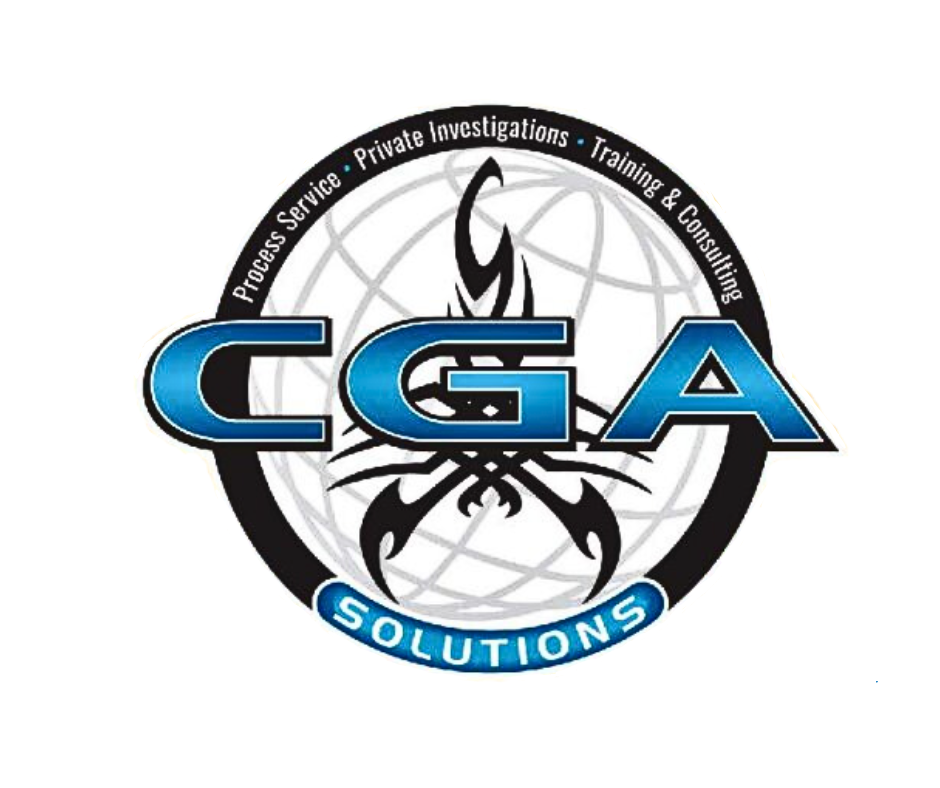What Are the Types of Surveillance Private Investigators Conduct?
 The Legalities of Conducting Surveillance
The Legalities of Conducting Surveillance
Conducting surveillance on your own is not recommended. There is a fine line between conducting surveillance and stalking. There are legal parameters a person must follow. Otherwise, you could break state and federal laws regarding tracking and surveilling an individual.
For example, in Georgia, it is a one-party consent state for recording phone calls and conversations. This means the other person on the other side of the conversation does not need to know they are being recorded.
Whereas Florida is a two-party consent state for recording calls and conversations. What this means is everyone who is a part of the conversation must consent to having the conversation recorded – even if there are more than two people in the conversation.
Physical Surveillance
This is what we call “boots on the ground surveillance.” It is often the type of surveillance most people think of when they think of a private investigator conducting surveillance. This type of surveillance is laboring and requires a certain level of stealthiness to go undetected.
Not all physical surveillance involves gathering information for a case. People also hire private investigators to conduct executive protection via physical surveillance. With this surveillance, we assess the area for potential security threats.
[RELATED: What Does an Executive Protection Agent Do?]
Technical Surveillance
Digital surveillance goes beyond looking into a person’s social media accounts – though it is often a part of the surveillance. GPS tracking, video surveillance, and wiretapping are all examples of digital surveillance. These techniques are the trickiest to conduct because the legality and regulations vary from state to state. Technical surveillance can also be used during physical surveillance to bolster the information that we gather. After all, hard proof is what builds a solid case.
Passive Surveillance
Passive surveillance has to do with reviewing police reports, public records, work logs, etc. In a nutshell, this type of surveillance involves reviewing the paperwork side of an investigation. Passive surveillance can often be quite powerful for a case. The information you need is all there in the documents and can provide helpful information surrounding the circumstances of the investigation or individual.

Interview Surveillance
Interviewing suspects, witnesses, family members, friends, coworkers, and/or neighbors is also a part of conducting surveillance. Investigators gather as much information and intel as possible about a person or event to best assist with a case or legal strategy. It is necessary to have as much information as possible from as many people to piece together the events and characteristics surrounding the investigation.
Common Reasons People Request Surveillance
There are several reasons a person, business, or attorney may request conducting surveillance on a person or group of people. We have been in the business for over 20 years and have conducted surveillance for a wide variety of reasons. One of the common reasons we get called to do surveillance are for:
- Cheating Spouse / Infidelity
- Child Custody Investigations
- Criminal Investigations
- Fraud Investigations
- Insurance Claims Investigations
- Missing Persons
- Political Opposition Research
- Suspicious Death Investigations
[RELATED: What Is Considered a Suspicious Death?]
[RELATED: How to Catch a Cheating Spouse]
Need Surveillance On Someone? We Can Help
CGA Solutions provides thorough surveillance investigations for law firms, businesses, and individuals throughout Georgia and South Carolina. As licensed investigators, we are well-versed in the process and are equipped with state-of-the-art technology to gather the information you need for a case.
To schedule a free consultation, call our firm today.







